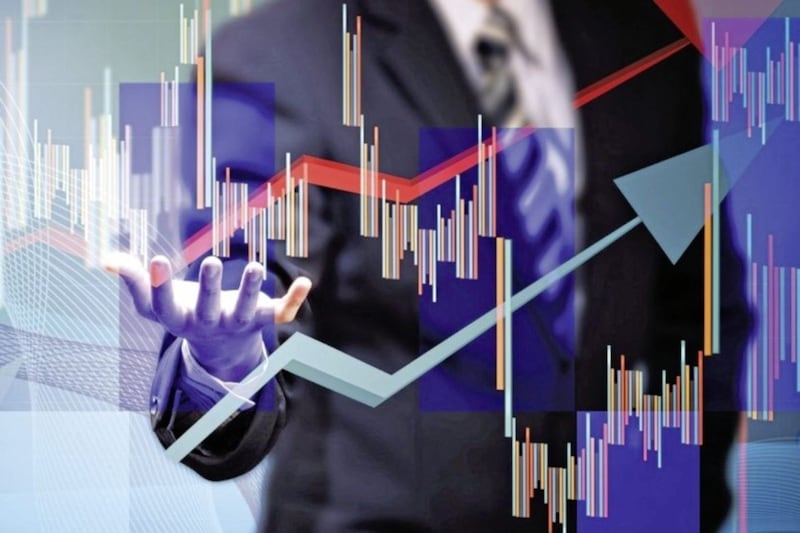LAST week global markets were utterly dominated by the question of whether the US Federal Reserve would raise interest rates on Thursday. Just over a month ago the odds were firmly in favour of an incremental rate rise in September, but with recent volatility caused mainly by fears of a slowdown in China, such a rise became less certain.
There has been much debate and speculation as to when the Fed will make its move and as ever opinions vary as to when would be the optimal time.
From a basic economic point of view, there appears to be little to recommend an interest rate rise immediately. Inflation is low, global economic growth is certainly varied, with the recent evidence that China is seeing a slowing rate of growth that seems likely to significantly undershoot predictions and many other emerging markets are also experiencing a slowdown, the extent of which is not yet clear.
Indeed, Janet Yellen, chairman of the Federal Reserve, cited the situation abroad as one that should be closely monitored, but that the bank had not “fundamentally altered our outlook”.
Furthermore, there seems to be ample slack in the labour market and wage growth remains subdued. The financial markets have also experienced a marked degree of volatility and bond markets are signalling a deflation risk. On the face of it this seems to be fairly compelling.
However, there are some reasons why interest rates should rise, though by a very small degree. Firstly, although the labour market is still looking somewhat subdued, it has improved significantly and it is important to remember that monetary policy works with a lagged effect.
The longer that the Fed waits, the faster and more aggressive rate rises may have to be. Possibly of more significance is the perceived loss of credibility: one of the most damaging aspects of the recent Chinese market crisis was the doubt that the authorities were really able to manage the situation adequately.
From a slightly outside perspective, many people would welcome a rise in interest rates, the most obvious group being savers, who continue to see negligible rates and thus may be forced to take on a higher level of risk in order to increase returns.
There is also little doubt that for those hoping to get on to the housing ladder, prolonged low interest rates have caused problems, with house prices having been pushed up to such an extent that saving for a deposit must severely impact on spending.
Add to this the ever present worry for pension funds, many of which are facing profound shortfalls, thus having a knock-on effect on firms’ investment and there is clearly a case to be made for a rise in interest rates.
One thing is clear: it is a desperately difficult balancing act for policy-makers, who will inevitably face criticism whichever way they go. Markets hate uncertainty more than almost anything, hence volatility is likely to persist for some time yet. Finally it is unlikely that the UK will be first to act: so once again we are waiting for the US to make the first move.
:: Cathy Dixon is a director at the Belfast office of Cunningham Coates Stockbrokers, which is a trading name of Smith & Williamson Investment Management (SWIM). This article does not constitute a recommendation to buy or sell investments and the value of any shares may fall as well as rise. Investments carry risk and investors may not receive back the amount invested. The views expressed are those of the author and not necessarily of SWIM.








